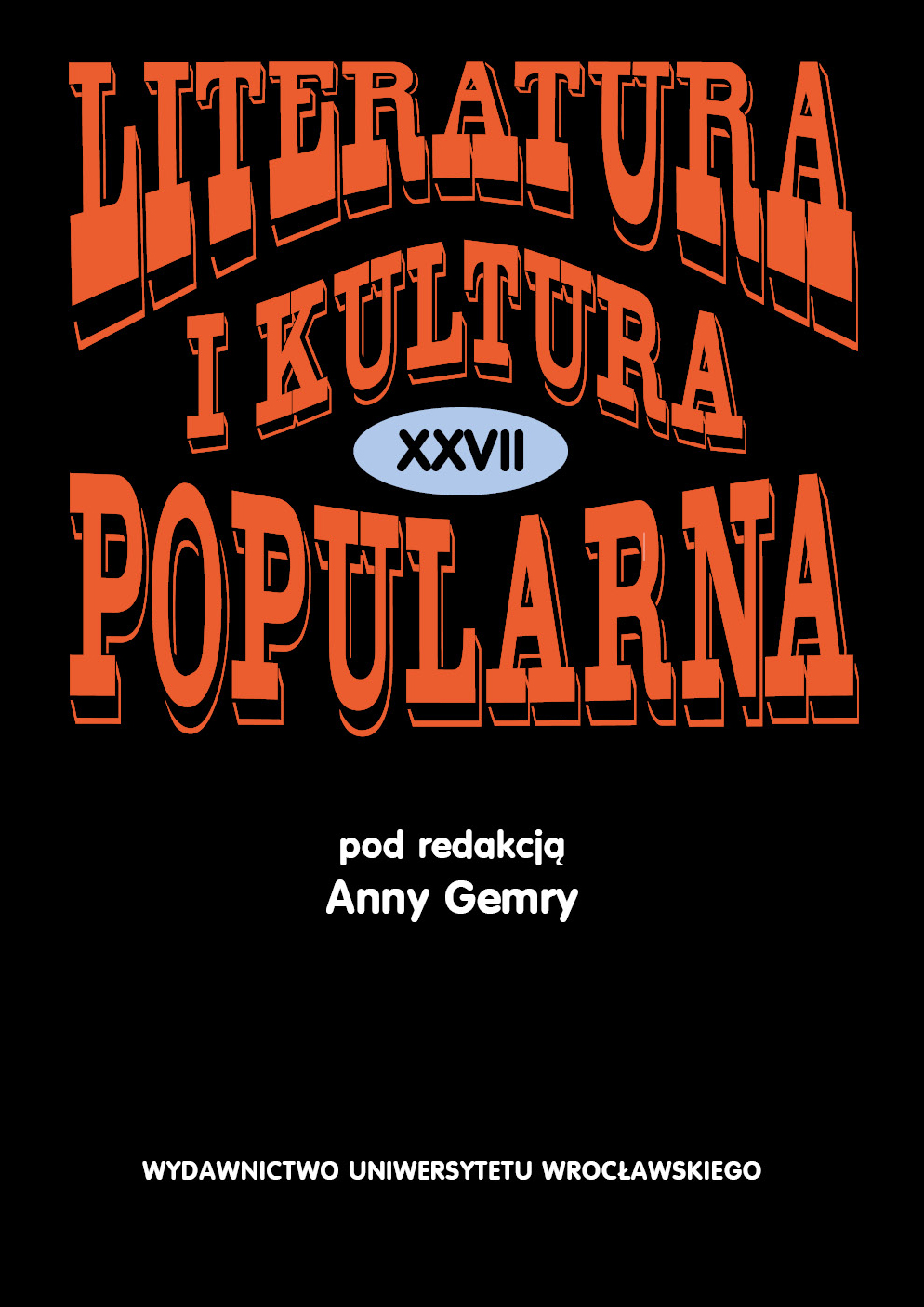

Articles

The article depicts the connectivity of popular culture studies in the field of cultural studies with issues of postcolonial studies. The aim of the work is to answer the question about a possibility to transplant Western cultural studies research to postcolonial popular culture analysis and interpretation. The study begins with a brief reconstruction of the history of pop culture research in the scope of postcolonial methodology — the most important works, conferences, and thematic issues initiating an interest in a research field new to postcolonialism around the 1990s and at the beginning of the following millennium. In the next part of the article, the author points out two main definitions of popular culture (“the popular”) in the scope of indicated optics — by Stuart Hall and John Fiske; the author also considers terminological issues with “the popular” and its non-existent equivalent in Polish. An ambiguous movement written in popular culture was considered as its most important feature (as Hall and Fiske claimed) — at the same time, a dominant system is contained (incorporation) and meets with resistance of people who revolt by the means of the system itself (exportation). Nonetheless, the author shows why believing in the possibility of resistance can be an illusion. Next, the author comments on the stand of Kwame Anthony Appiah, who problematized the relation of postcolonialism and pop culture. The analysis of connections between these two phenomena is followed by a few examples of intertextuality in Alain Mabanckou’s novels.